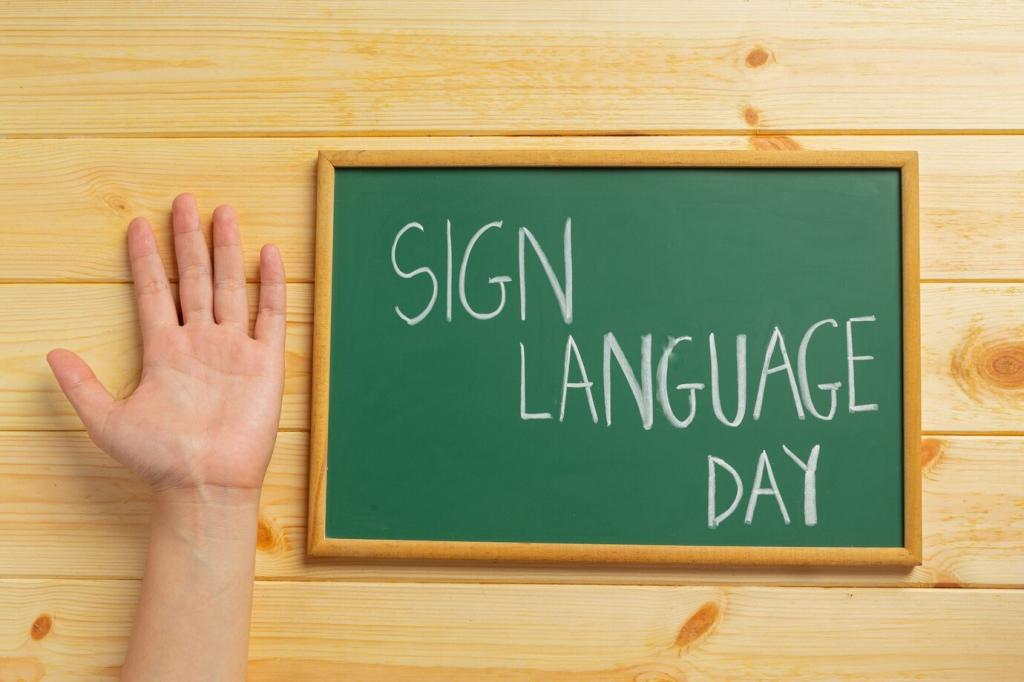
Chosen Theme: French Pronunciation Tips
Welcome! Today we dive into French Pronunciation Tips: clear vowels, confident consonants, and natural rhythm. Expect practical steps, relatable stories, and friendly challenges. Join the thread, ask questions, and share your recordings.

Oral and nasal vowels, simply explained
French oral vowels stay bright and steady, while nasal vowels resonate behind the nose. Anchor /ɑ̃/ in ‘sans’, /ɛ̃/ in ‘vin’, /ɔ̃/ in ‘nom’, and /œ̃/ in ‘un’. Record yourself and compare carefully.

The famous French 'u' versus 'ou'
Purse your lips forward for ‘u’ while keeping the tongue high and fronted; for ‘ou’, round but relax the tongue. Practice with ‘tu’, ‘tout’, ‘lune’, ‘lourd’, alternating smoothly without sliding or adding English diphthongs.

Length, tension, and vowel clarity
French vowels are short and pure; avoid glides. Aim for consistent tension and a still jaw. Whisper first to stabilize shapes, then voice lightly. Share your before-and-after clips to get community feedback and celebrate progress together.
Consonants With Character
Target a gentle uvular fricative. Start by gargling water, then mimic the friction softly on breath. Keep the tongue relaxed, lips slightly rounded. Build endurance with ten-second streams, pausing often to avoid tension or soreness.
Consonants With Character
Most word-final consonants are silent—think ‘elegant’ endings. But C, R, F, L often speak: ‘sac’, ‘hiver’, ‘chef’, ‘fil’. Learn the rule, then listen for liaison contexts that briefly awaken otherwise quiet consonants.


Rhythm, Stress, and Intonation
Unlike English, French keeps syllables more equal. Soften stress spikes and sustain airflow. Clap steady counts while reading sentences. Notice how meaning emerges from phrasing, not pounding a single stressed syllable loudly.

From Spelling to Sound
É signals a closed, sharp sound; È opens and relaxes; Ê often lengthens slightly. The humble ç softens c before a, o, u. Collect examples, read aloud nightly, and note how marks steer your tongue.


From Spelling to Sound
Ch usually shushes like ‘sh’; gn becomes the palatal ‘ny’; ill can be ‘y’ in ‘fille’ but not in ‘ville’. Build flashcards, quiz friends, and post tricky words you find for group solutions.




Learner Stories and Honest Moments
Emma ordered ‘deux pains’ and heard laughter—her nasal vowel leaked. After a week tracing air through her nose with a mirror, ‘un pain’ finally resonated. Share your breakthrough and the habit that sparked it.
Learner Stories and Honest Moments
Jamal practiced ‘u’ by sipping air through a straw, then voicing gently without moving the lips. The tactile cue worked instantly. What quirky prop helped you capture a stubborn sound this month?
Join the Pronunciation Conversation
We post four lines packed with nasal vowels every Friday. Record your version, tag the target sounds, and comment on two peers’ clips. Collective listening trains the ear faster than solitary drills ever will.

Join our mailing list
